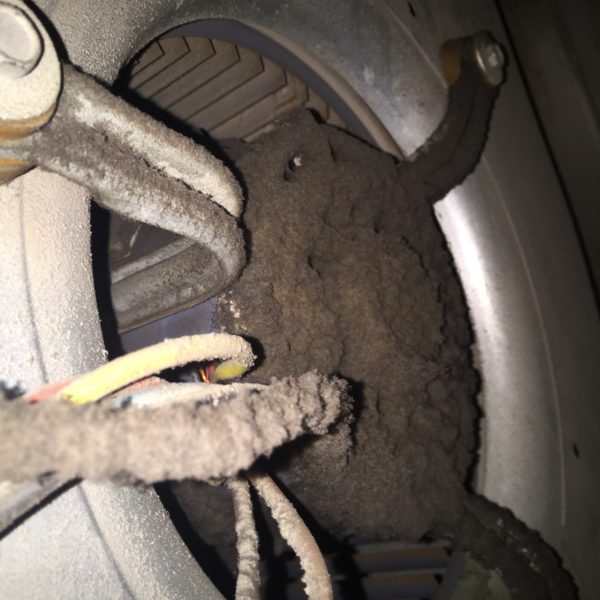The tight spacing between the coil fins, surface moisture , dirt, dust, debris and other pollutants can build up on the coil surfaces. Over time, this buildup affects the performance of the unit thus reducing your system’s ability to provide summer cooling. In some cases, dirty coils can also block the airflow that is so important to the entire process. This can result in having rising utility bills due to the lost energy efficiency and of course a shorter life span with potentially expensive repair bills. In short, the cleaner the air conditioning coil, the more efficient the system will operate.
Dirty coils can lead to:
Increased operating temperatures
Excess buildup of dirt and debris can cause undue stress on the system, causing fans and compressors to work harder and at increased operating temperatures to achieve the desired indoor comfort.
Reduced comfort
Your air conditioning system helps remove unwanted and uncomfortable humidity from your home as a natural part of the cooling process. Dirty coils can reduce overall system effectiveness, causing higher humidity inside and less overall comfort.
Decreased cooling efficiency
The buildup that accumulates on the surface of the coils forces them to work harder to either absorb or release heat, resulting in less efficient operation.
Increased cooling costs
Less efficient operation means higher operating costs. Dirty coils mean spending more money keeping your space cool.
Increased system wear
A blocked evaporator coil often causes the compressor to run at increased temperatures, placing stress on the entire system. Because the compressor is one of the highest-cost replacement items within the air conditioning system, protecting the compressor can help you avoid expensive repair bills.
System repairs or replacement
System break downs resulting from over-stressed components can lead to service calls, replacing system components, and in more extreme cases, replacing an entire system.

